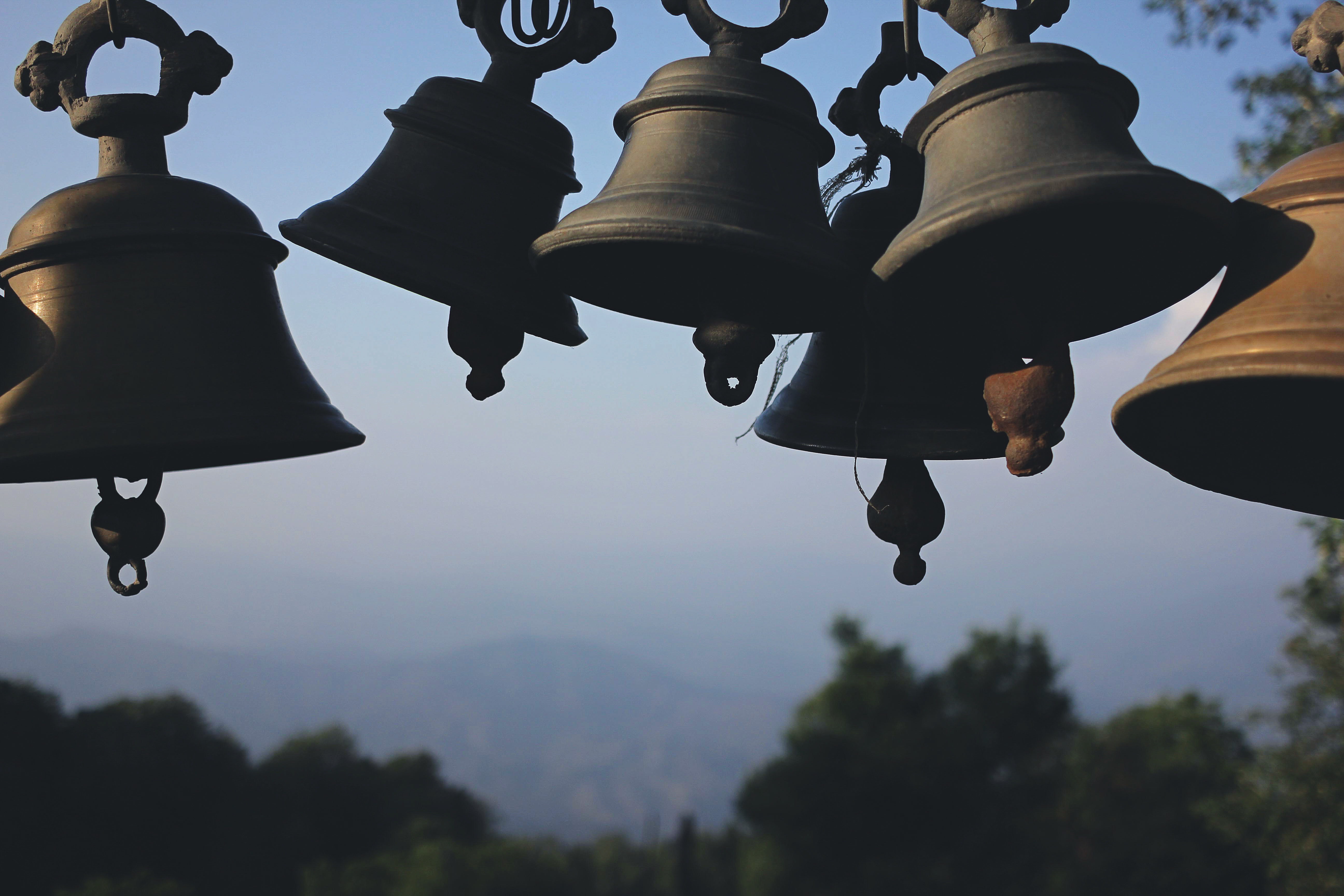Food lists. Every introductory book on Ayurveda has one. You, like me, may have started out your practice giving your client a cumbersome list of foods that are “good” to eat and those that they should avoid.
Oftentimes, the next office visit would be focused on a review of these lists and, if your client was exceptionally Pitta, a detailed accounting of the how, why, and wherefore of each foods placement on the list, accompanied by bargaining for circumstances in which they could sneak a forbidden food into the acceptable category.
Do you think that thousands of years ago, the earliest Ayurvedic practitioners were using lists of foods to direct their clients in their dietary choices?
In the first chapter of the Charaka Samhita, the eight factors affecting food’s utility are detailed1. This, to me, is much more useful than a food list, primarily because the food list is only concerned with one of these eight factors, the Prakruti, or nature of the food.
By educating our clients about these eight factors affecting the usefulness of the food to the body, they are empowered to make appropriate food choices in every moment, even if they have left their food list at home.

 What, exactly, is chai?
What, exactly, is chai? In the Sushruta Samhita, perfect health is described as one having balanced doshas, balanced dhatus, balanced digestion/elimination, a strong immune system, a symptom-free body and a content state of mind. In some translations they even go so far as to say a “blissful state of the mind and emotions”.
In the Sushruta Samhita, perfect health is described as one having balanced doshas, balanced dhatus, balanced digestion/elimination, a strong immune system, a symptom-free body and a content state of mind. In some translations they even go so far as to say a “blissful state of the mind and emotions”.